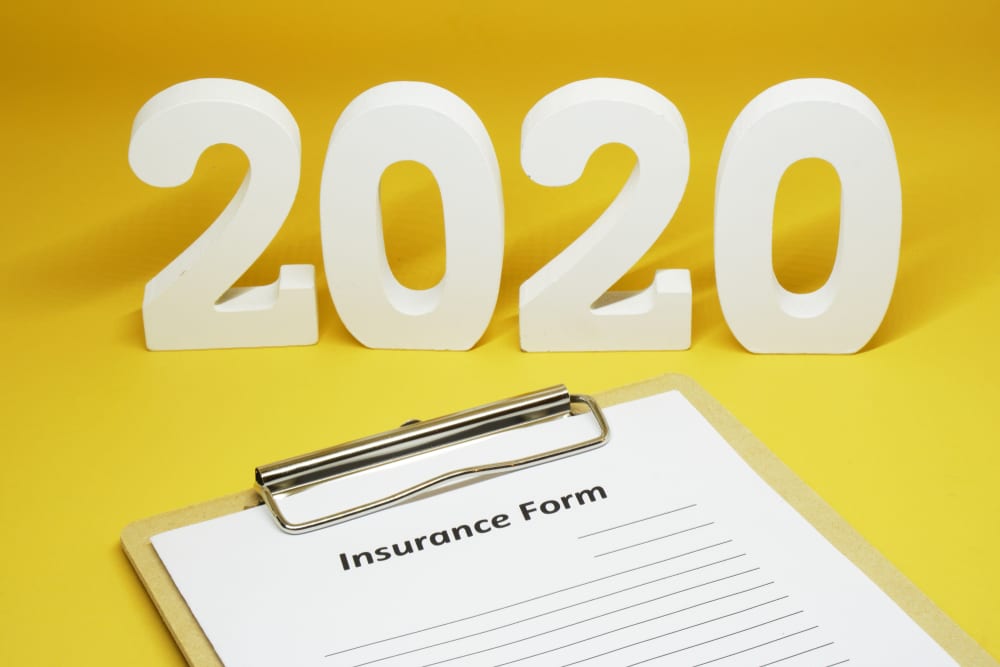Case Evaluations 101 : What you need to know.


In most circuit courts, all civil cases are required to go through a process called case evaluation. Case evaluation helps the parties assess the value of a case and identify any potential issues that may prevent the parties from settling. It also encourages cases to settle early on to help reduce the case load on the courts’ dockets. A case evaluation hearing is conducted by three attorneys who have typically undergone some type of mediation training. In order to get an accurate evaluation of a case, one of the attorneys assigned to the case evaluation panel will be associated with Plaintiffs’ work, another is associated with Defendants’ work, and the third serves as a neutral.
The parties are required to submit summaries prior to the hearing to allow the case evaluators the opportunity to familiarize themselves with the facts of the case. The Plaintiff’s summary will provide all of the proofs that they would have to present to be successful at trial while the Defendant’s summary will provide all of the defenses to those proofs and arguments as to why Plaintiff’s position is incorrect.
The parties will then appear for the hearing at which time they will argue each side of the case before the panel and answer any specific questions that the panel members may have. Once the arguments have been presented, the panel will deliberate and issue an award in the form of a dollar amount representing the amount the panel believes the case should settle for.
Following the hearing, both parties have 28 days to decide whether they would be willing to accept the case evaluation award to settle. If both parties accept the award, it is considered an automatic settlement. If either party rejects, the case will continue on, usually to a settlement conference with the judge.
There can be consequences for a party that rejects the case evaluation award. The Michigan Court Rules permit the enforcement of sanctions against a rejecting party if the party does not improve on the case evaluation award by 10%. For example, if a Plaintiff is awarded a certain amount of money at case evaluation but rejects the award, opting to proceed to trial, and doesn’t receive a verdict in their favor or a jury award that is 10% higher than the case evaluation award, the Plaintiff could be responsible for paying for the defendant’s attorneys fees and costs incurred from the date of the case evaluation hearing.
Not only is Case Evaluation mandatory in most situations, it can also be very beneficial to the potential settlement of a case. A good case evaluation award can result in early settlement which in turn, reduces the associated court costs that must be paid out. On the other hand, a bad case evaluation award can be difficult to overcome when it comes time to discuss settlement and rejecting the award can subject you to possible case evaluation sanctions. The attorneys at the Law Offices of Joumana Kayrouz have the knowledge and experience to strategically and effectively present your case to get you the best results at case evaluation and throughout the litigation process. Contact us today to discuss your rights.
3,244




